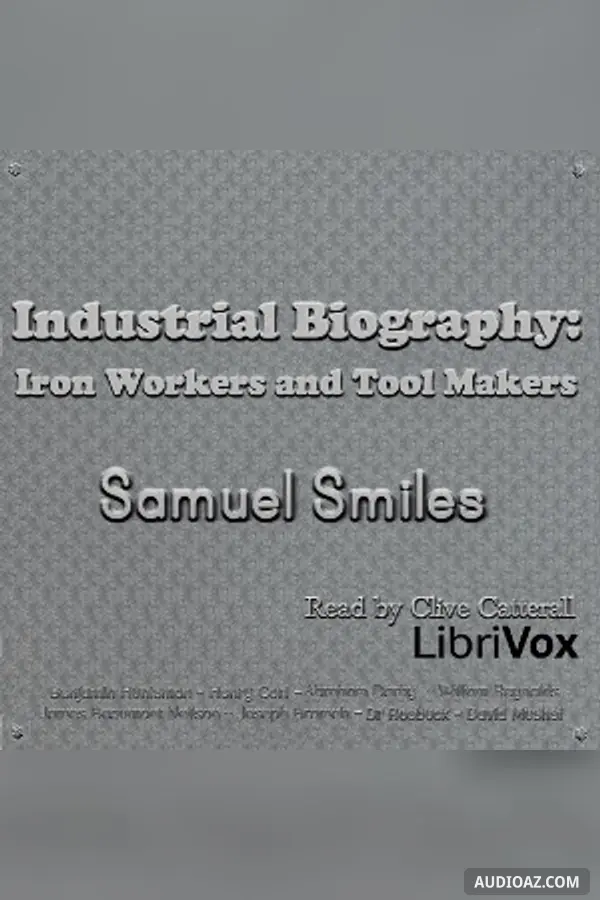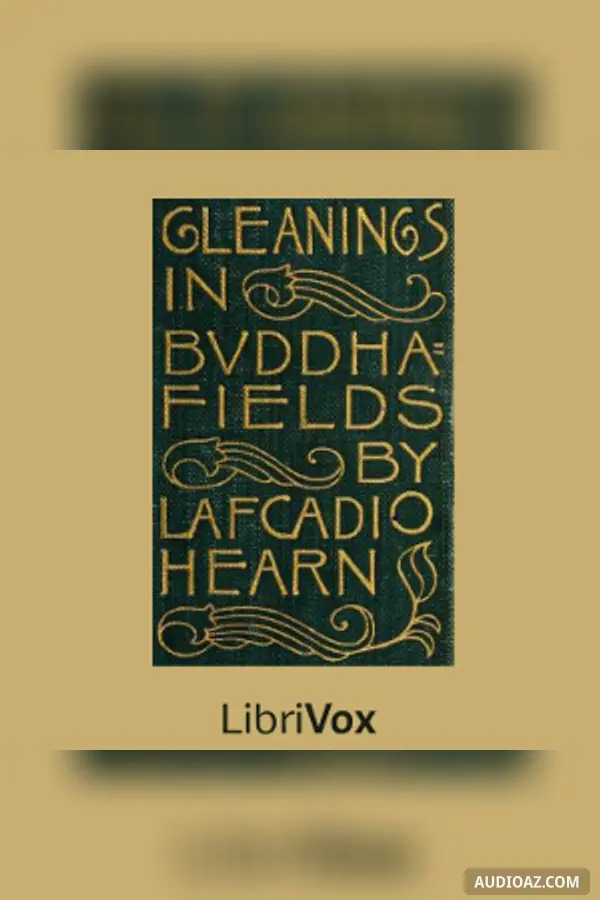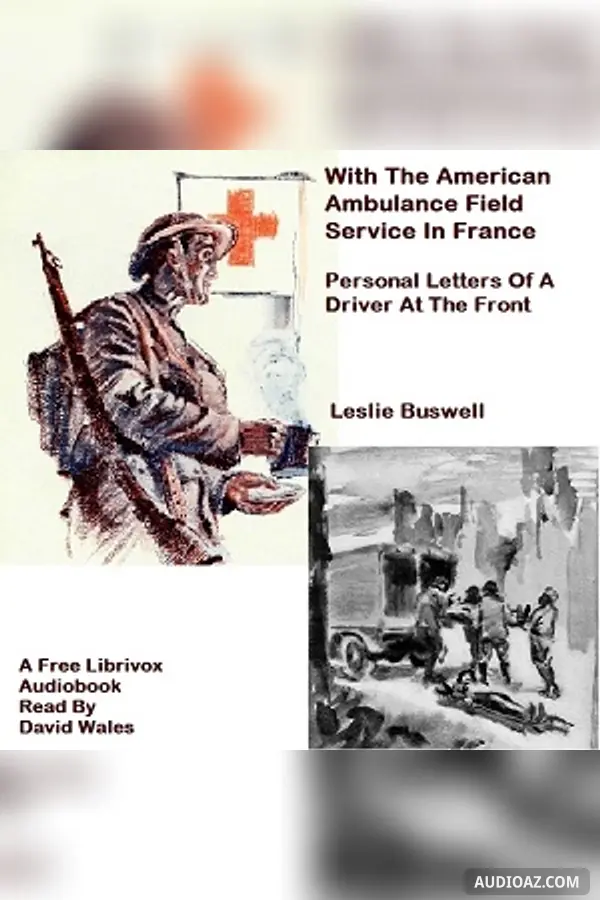
Industrial Biography: Iron Workers and Tool Makers - Free Audiobook
Author(s): Samuel Smiles
Language: English
Genre(s): Biography & AutobiographyNon-fiction
1 / 23Preface
- 1. Preface
- 2. Iron and Civilisation - Part 1
- 3. Iron and Civilisation - Part 2
- 4. Early English Iron Manufacture
- 5. Iron Smelting by Pit Coal - Dud Dudley
- 6. Andrew Yarranton
- 7. Coalbrookdale Iron Works - Part 1
- 8. Coalbrookdale Iron Works - Part 2
- 9. The Invention of Cast Steel - Benjamin Huntsman
- 10. The Inventions of Henry Cort
- 11. The Scotch Iron Manufacture - Dr Roebuck, David Mushet
- 12. The Invention of the Hot Blast - James Beaumont Neilson
- 13. Mechanical Inventions and Inventors
- 14. Joseph Bramah
- 15. Henry Maudslay - Part 1
- 16. Henry Maudslay - Part 2
- 17. Joseph Clement - Part 1
- 18. Joseph Clement - Part 2
- 19. Fox of Derby, Murray of Leeds, Roberts and Whitworth of Manchester
- 20. James Nasmyth - Part 1
- 21. James Nasmyth - Part 2
- 22. William Fairbairn - Part 1
- 23. William Fairbairn - Part 2
About
Short Biographies of some of the most influential engineers who developed the modern manufacturing methods behind the Industrial Revolution.
Engineers and designers tend to be fairly anonymous figures in history – content to make things rather than write about them. At the time Smiles wrote “Industrial Biography” the whole of British society was undergoing massive changes driven by developments in the High Technology of the day – Mechanical Engineering.
Much of the knowledge we have of the brilliant mechanical engineers who developed the iron and machine tools of the nineteenth century was gathered and recorded by Smiles from the men themselves and from their students. Without Bramah, Maudslay, Nasmyth , and others Brunel would not have been able to build his railways, bridges and steamships. And many of their machine tools are still in use 200 years later: my own lathe looks very similar to one made by Maudslay in 1800 and almost identical to Whitworth lathes from the 1830s.
Smiles’ most famous work is “Self Help” published in 1859: the book that defined the Liberal Victorian response to the poor. In "Industrial Biography", written only four years later, the virtues of thrift, hard work, and self-improvement are woven through the stories of the great mechanical engineers, most of whom raised themselves from very humble beginnings. In some ways Industrial Biography and the other engineering biographies published by Smiles can be seen as examples to illustrate “Self Help”. (Summary by Clive Catterall)
Comments
Be the first to comment
There aren't any comments on this content yet. Start the conversation!
Discover More
Tags: Industrial Biography: Iron Workers and Tool Makers audio, Industrial Biography: Iron Workers and Tool Makers - Samuel Smiles audio, Biography & Autobiography audio, Non-fiction audio, free audiobook, free audio book, audioaz






